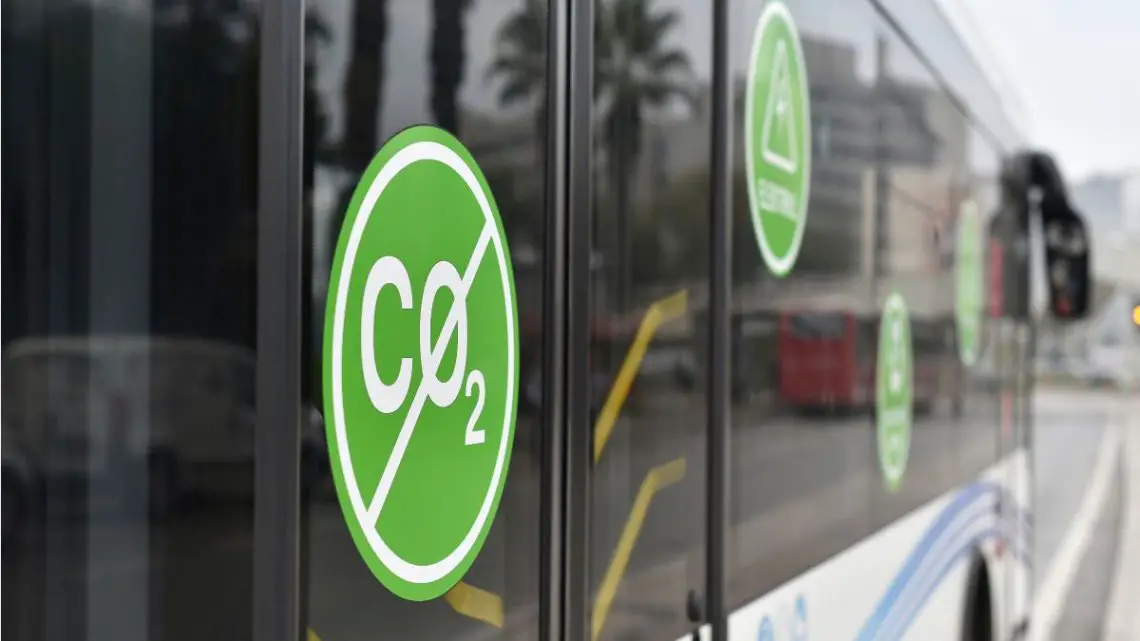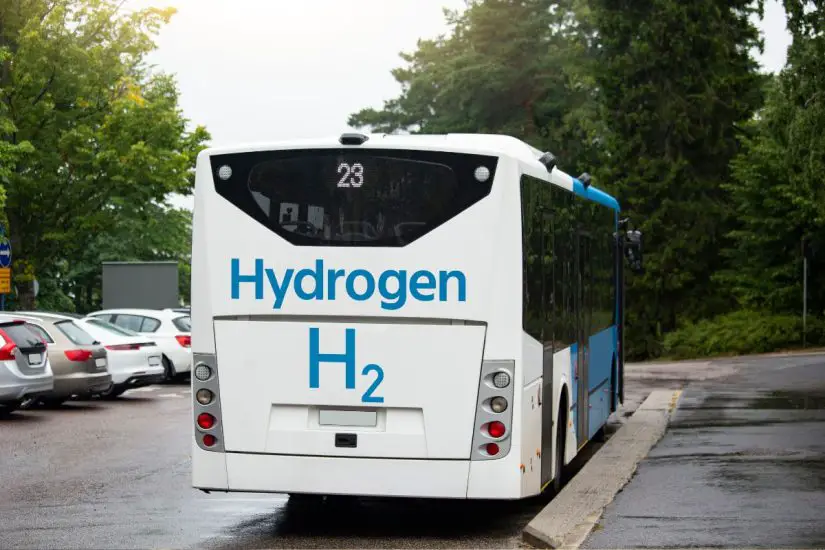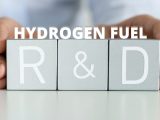
Hydrogen fuel cells could eliminate CO2 from heavy vehicles, says HMI
August 26, 2022Using H2 to power transportation vehicles in the near future could entirely stop CO2 emissions they produce.
The adoption of hydrogen fuel cells to power heavy goods vehicles could entirely eliminate the carbon dioxide emissions they produce, according to the Hydrogen Mobility Ireland (HMI) representative body.
The representative organization released the prediction in a recently published whitepaper.
The whitepaper was prepared in response to a decision made by the government of that country to begin a public consultation for developing a national green hydrogen fuel cells strategy. It was released along with a research paper on the advantages of using renewable H2.
HMI said about its whitepaper that it “demonstrates how the progress of other European countries can provide a useful template for Ireland, as it seeks to develop its own strategy for the deployment of green hydrogen across public and private transport.”
H2 has endorsement at an EU level. Both Portugal and France have allocated €7 billion for H2 production projects. Moreover, another €8 billion has been set aside by Germany for its own national H2 strategy. The UK has issued £30 million in grant funding for manufacturing 124 buses powered by H2 to be used in Birmingham. It has also introduced a grant of £11.2 million for the development of low-cost technology for powering buses with H2.

According to HMI, an investment of a proportional size for Ireland would cover hydrogen fuel cells.
HMI’s whitepaper stated that an investment into H2 proportional to the size of Ireland and the commuter population there would put 6,000 H2-powered vehicles on its roads by the end of the decade.
“I am pleased to be joined by Minister for Transport Eamon Ryan to mark the launch of HMI’s White Paper and policy paper on the benefits of hydrogen,” said Jonathan Hogan, HMI business manager. “HMI’s policy papers show that the production of green hydrogen at scale will facilitate Ireland in reducing its carbon emissions across transport and other industries, while creating significant opportunities for regional employment and boosting the green economy. In the context of ambitious sustainability targets outlined in both the Climate Action Plan 2021, and the EU’s Fit-for-55 package, and in light of geopolitical considerations, the need to diversify and secure Ireland’s energy supply has never been more apparent.”
“Moving to cleaner and greener technologies is critical if we are to reduce the carbon footprint of our public transport system, and examining all available technologies is essential,” added Eamon Ryan, Transport and Environment Minister, when discussing the potential for hydrogen fuel cells in Ireland.


 With over 15 years of reporting hydrogen news, we are your premier source for the latest updates and insights in hydrogen and renewable energy.
With over 15 years of reporting hydrogen news, we are your premier source for the latest updates and insights in hydrogen and renewable energy.
Hydrogen (H2) powered vehicles are not a new idea and as this article mentions, Birmingham has received a grant from Government (on behalf of National Express) to purchase 124 H2 powered buses, which are in addition to the 20 H2 buses already delivered to the Walsall depot of National Express. The problem is the availability of fuel cell grade H2 in the city (99.99% pure). The existing 20 H2 buses are refilled at the Tyseley Energy Park from a ITM Power electrolyser which has just enough capacity to fuel them alone, and it is on the opposite side of the city from Walsall, just off the A45. And the availability of H2 at Tyseley is insufficient to power other H2 vehicles in the city. To make matters worse, the H2 is expensive because the electricity price is too high being linked by an outdated algorithm to the cost of natural gas. The UK is seriously behind the provision of H2 filling stations compared with our European neighbours that are planning to have H2 filling stations on all the EU highways no further apart than 140 kms by 2030. The UK has around a dozen which are often out of order.
I am desperately looking for a university to accept my PhD thesis. This is the title of my thesis:
Hybrid Locomotive
Slip/Slide control of bogie wheels on a locomotive with predictive wheel diameter compensation of each bogie wheel powered by DTC inverters using permanent magnet 3-phase AC traction motors
A development to improve Bogie Traction Control on locomotives
Proposed PhD thesis by Bernard Schaffler. BSc Eng. MSc Eng. FIEAust. CPEng. MIEEE
I have beenaccepted by Wollongong University in Australia. Now all i need is a grant to build and prove the TractionnSimulator for the bogie wheels.